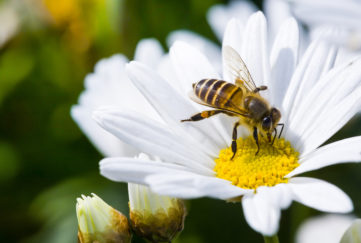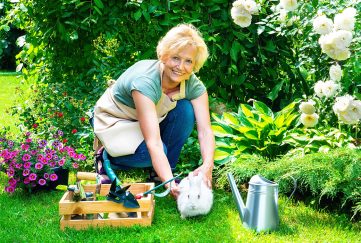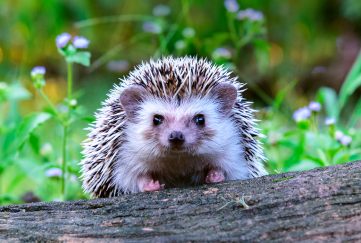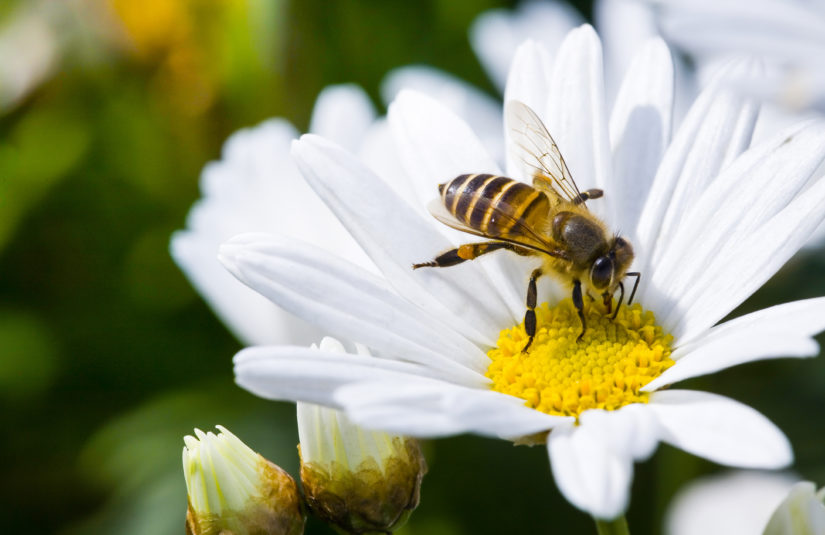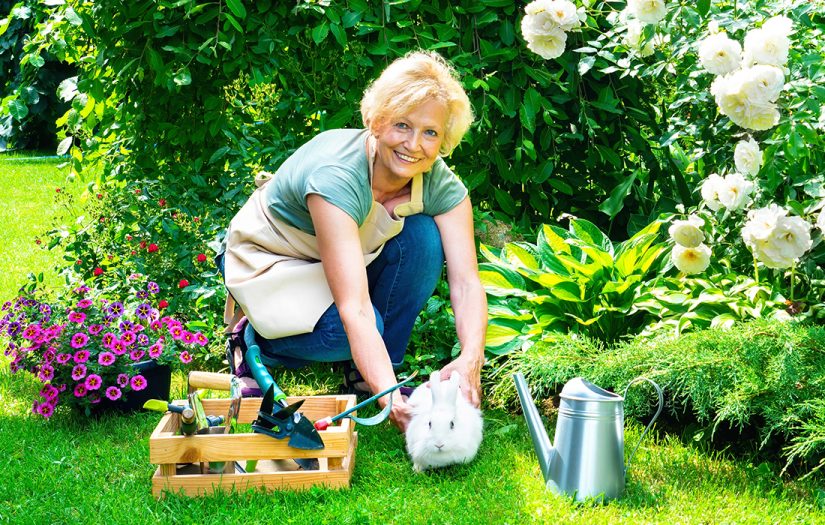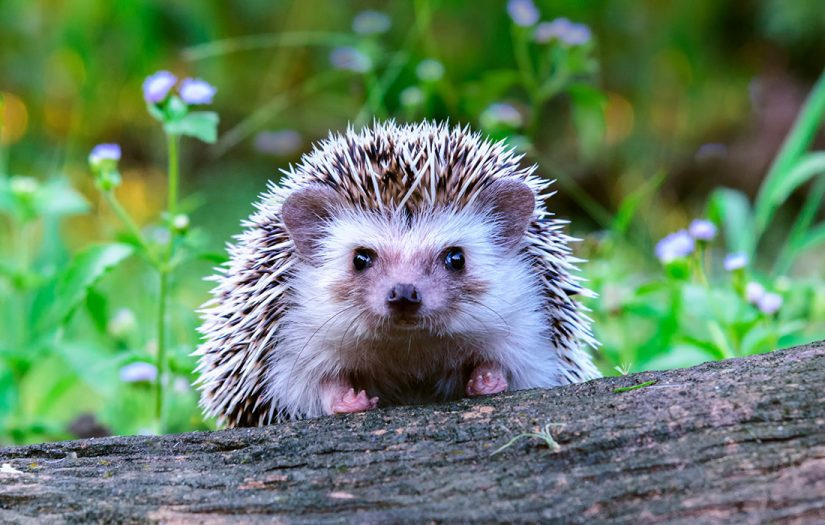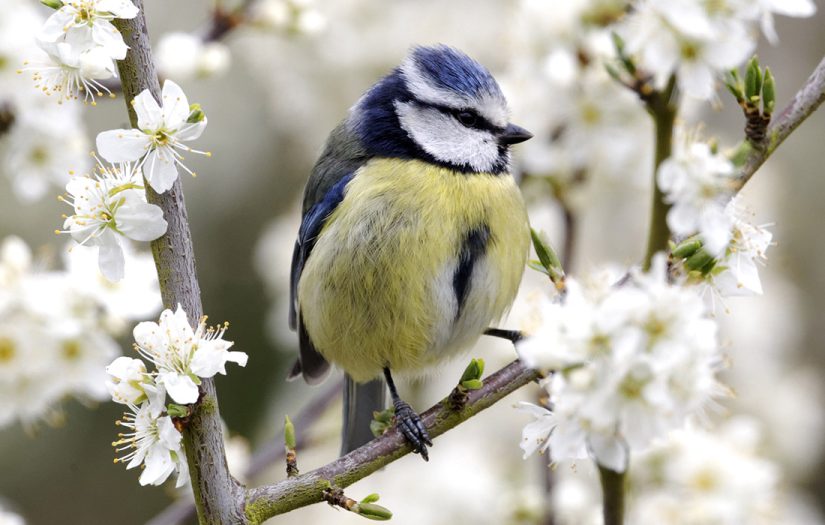Growing Your Own Festive Feast
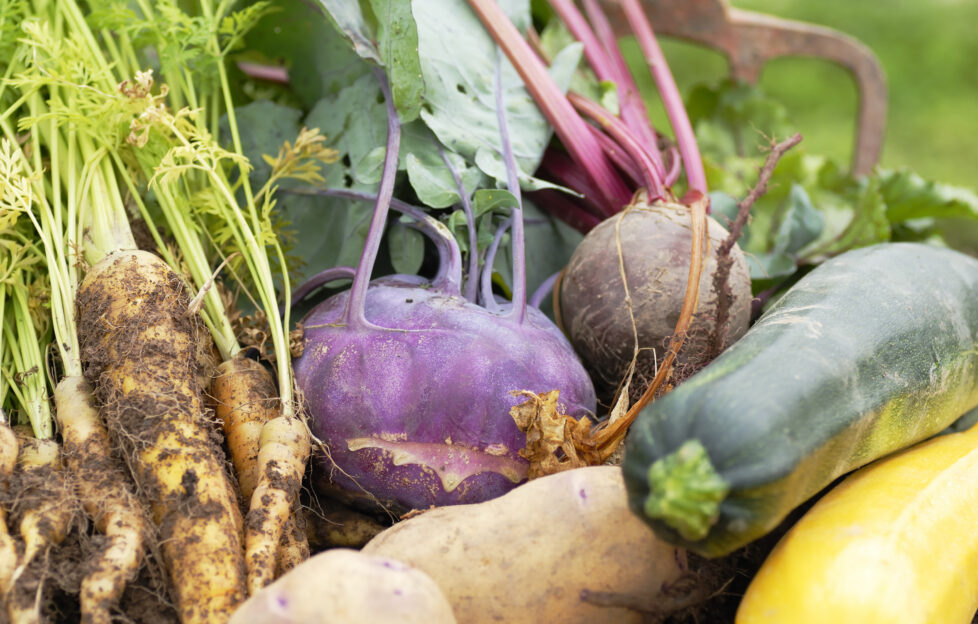
The “growing your own” movement has been gaining popularity in recent years — especially over lockdown.
And with supply shortages on everyone’s mind, and panic-buying likely to leave some Christmas food shoppers missing out, The Greenhouse People are encouraging us all to consider some simple gardening decisions that might make your life a little easier come next December 25th.
Brussel sprouts
The marmite of the Christmas dinner – but love them or loathe them, we can all accept they’re a classic.
While you may have missed the boat this year, get a head start for next year to avoid any more disappointment. Sow your sprouts outdoors in March and plant out in
May to get your sprouts ripe and ready for November – when Sunday roast season begins.
Choose a sunny spot, sheltered from windy weather. Water well before and after re-planting, and when the time comes, collect the lower sprouts first by simply snapping them off.
Parsnips
Perfectly roasted, covered in honey and mustard, this side dish is often a family favourite.
If you’re familiar with growing the common carrot, you should hopefully find the process of growing and harvesting parsnips to be fairly simple.
Start off in April for the best results, potting in open, well-lit spots. Spread the seeds thinly (with intervals around 15cm) and keeping the soil evenly moist at all times.
When you reach the autumn, get ready to pull your parsnips firmly out of the ground. Use a garden fork to initially ease, then continue to pull.
Potatoes
Growing your own potatoes, specifically for Christmas, is all about the timing. Potatoes can be grown almost all year round, so simply plant them a little later than you usually would to enjoy them over the festive period.
Save some tubers from summer, leaving them in a light, cool place so they can begin to sprout, ready for delayed planting.
Go for fast-maturing varieties, planting them in pots or bags full (about two-thirds) of compost so you’re able to move them inside, perhaps to a shed or greenhouse, when the air gets frosty.
Add potatoes over the compost, then blanket a little more compost over the top of them. Potatoes like fairly moist soil, so water well but allow to drain. Let the sprouts appear naturally in a sunny spot, then when they do add a little more compost and repeat throughout the process to prize out your taters.
Cranberries
The perfect pairing for our main dish is the cranberry sauce. The turkey is complimented by their sweet, tart flavour, so create a point of pride and try to make yours from scratch.
They are a long-lasting, spreading plant, so take the time to choose whether you want to grow lowbush or highbush.
Cranberries are best planted in winter, so purchase your starters ahead of time from a local supplier. Or better yet, take a free cutting from a cranberry-growing friend.
Water the bed thoroughly before growing, leaving it to drain a little. Place plants around 12 inches apart, and water again after potting.
Carrots
Likely the planting journey we are most familiar with is the lifecycle of the humble carrot. These versatile veggies are a staple for any roast dinner, so are essential for your Christmas plate.
Sow your seeds in the earlier half of the year, generally from around February to July, harvesting towards the winter. The later you’d like to harvest, the later you should sow, considering that carrots take around 12-16 weeks to fully form.
Carrot seeds are widely available – you can get these from your local garden centre with ease to kickstart your journey. They grow best in good light and fertile soil, sowing seeds thinly in deep rows fairly far apart.
If you do plan on growing your own festive feast, keep us up to date with your progress on Facebook and Twitter.
For more gardening tips from “The People’s Friend”, click here.


